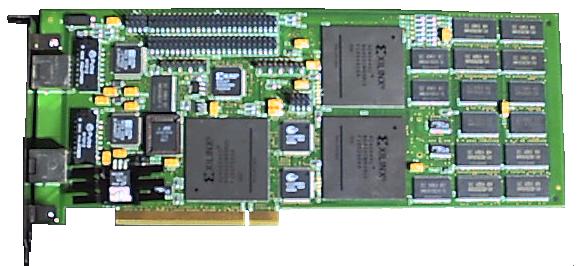First, William Jolitz and I did a comprehensive article entitled Moving Forward in 2020: Technology Investment in ML, AI, and Big Data for Cutter Business Journal (April 2020 – paid subscription). Given the pandemic and upheaval in global economies, this advice is even more pertinent today.
Instead of moving from technology to key customers with an abstracted total addressable market (TAM), we must instead quantify artificial intelligence (AI) and machine learning (ML) benefits where they specifically fit within business strategies across segment industries. By using axiomatic impacts, the fuzziness of how to incorporate AI, ML, and big data into an industry can be used as a check on traditional investment assumptions.
For additional information on this article, please see AI, ML, and Big Data: Functional Groups That Catch the Investor’s Eye (6 May 2020, Cutter Business Technology Advisor).
Techcrunch presented their loser brigade list of 2020 failed startups in December of 2020 – although a few more might have missed the list by days. Some of these investments were victims of “the right startup in the wrong time”. Others were “the wrong startup in the right time”. And some startups were just plain “the wrong startup – period”.
We mourn the $2.45 billion dollars which vanished into the eager pockets of dreamers and fools (we’re looking at you, Quibi – the pig that swallowed $1.75B of investment and couldn’t get any customers) and feel deeply for the Limiteds who lost money in one of the biggest uptick years in the stock market.
Thirty years have passed since we launched open source operating systems with 386BSD. Open source as a concept has been around for over 40 years, as demonstrated by the amazing GNU GCC compiler done by RMS. But until the mid-1990’s, most software was still held under proprietary license – especially the operating system itself. The release of 386BSD spurred the creation of other progeny open source OS systems and a plethora of open source tools, applications and languages that are standard today. However, the “business” of open source is still much misunderstood, as Wired notes in “The Few, the Tired, the Open Source Coders”. Some of the more precious gems excerpted:
But open source success, Thornton quickly found, has a dark side. He felt inundated. Countless people wrote him and Otto every week with bug reports, demands for new features, questions, praise. Thornton would finish his day job and then spend four or five hours every night frantically working on Bootstrap—managing queries, writing new code. “I couldn’t grab dinner with someone after work,” he says, because he felt like he’d be letting users down: I shouldn’t be out enjoying myself. I should be working on Bootstrap!
“The feeling that I had was guilt,” he says. He kept at it, and nine years later he and Otto are still heading up Bootstrap, along with a small group of core contributors. But the stress has been bad enough that he often thought of bailing.”…
…Why didn’t the barn-raising model pan out? As Eghbal notes, it’s partly that the random folks who pitch in make only very small contributions, like fixing a bug. Making and remaking code requires a lot of high-level synthesis—which, as it turns out, is hard to break into little pieces. It lives best in the heads of a small number of people.
Yet those poor top-level coders still need to respond to the smaller contributions (to say nothing of requests for help or reams of abuse). Their burdens, Eghbal realized, felt like those of YouTubers or Instagram influencers who feel overwhelmed by their ardent fan bases—but without the huge, ad-based remuneration.
Not many Linux-come-latelies know this, but Linux was actually the second open-source Unix-based operating system for personal computers to be distributed over the Internet. The first was 386BSD, which was put together by an extraordinary couple named Bill and Lynne Jolitz. In a 1993 interview with Meta magazine, Linus Torvalds himself name-checked their O.S. “If 386BSD had been available when I started on Linux,” he said, “Linux would probably never have happened.”
Linus was able to benefit from our two year article series in Dr. Dobbs Journal (the premiere coding magazine of the day, now defunct in an age of github), which along with the how-to details of “Porting Unix to the 386” we also included source code in each article. That, coupled with Lions Commentary on Unix (NB – the old encumbered Edition 6 version, and not Berkeley Unix) allowed Linus to cudgel together Linux. We had no such issues, as we had access to both Berkeley Unix and a source code license from AT&T for our prior company, Symmetric Computer Systems, and hence knew what was encumbered and what was not (Lions was entirely proprietary). Putting together an OS is a group effort to the max. Making an open source OS requires fortitude and knowledge above and beyond that.
Jalopnik, one of my favorite sites, found the ultimate absurd Figure 1 patents with this little gem of an article: Toyota’s Robocars Will Wash Themselves Because We Can’t Be Trusted. Wow, they really knocked themselves out doing their Figure 1, didn’t they? Womp Womp.
And finally, for a serious and detailed discussion of how the pandemic impacted the medical diagnostic side, I recommend this from UCSF: We Thought it was just a Respiratory Virus. We were Wrong (Summer 2020). Looking back, it was just the beginning of wisdom.
Stay safe, everyone!








